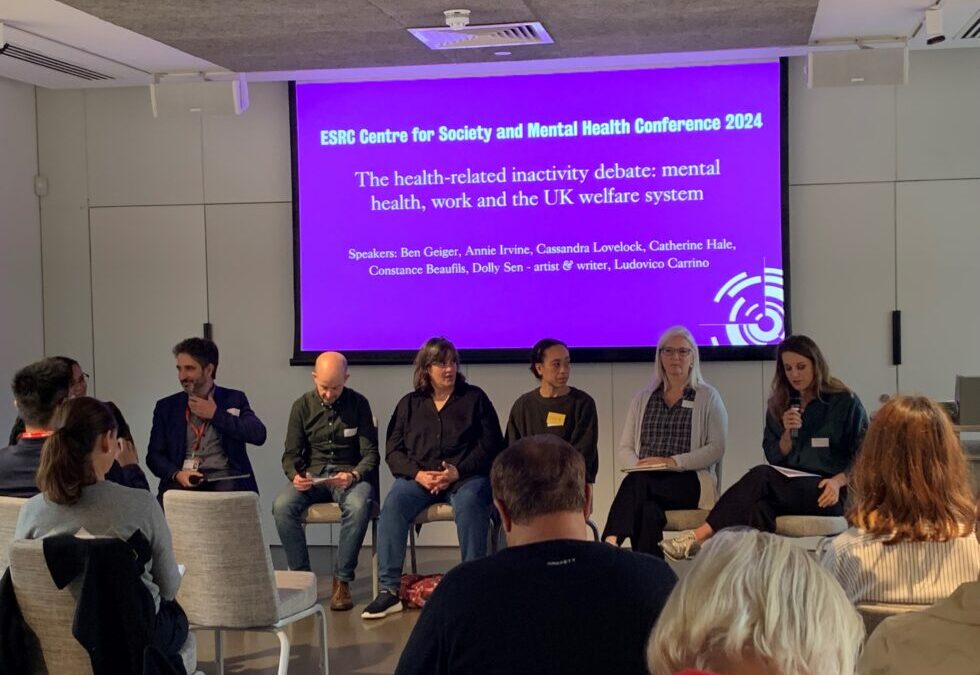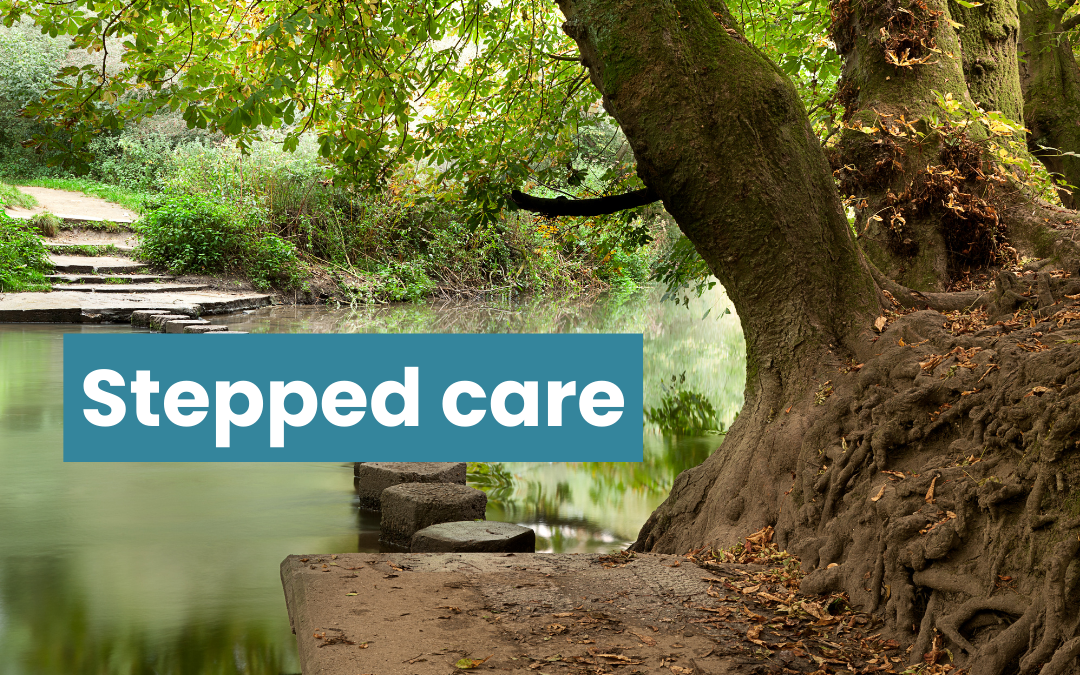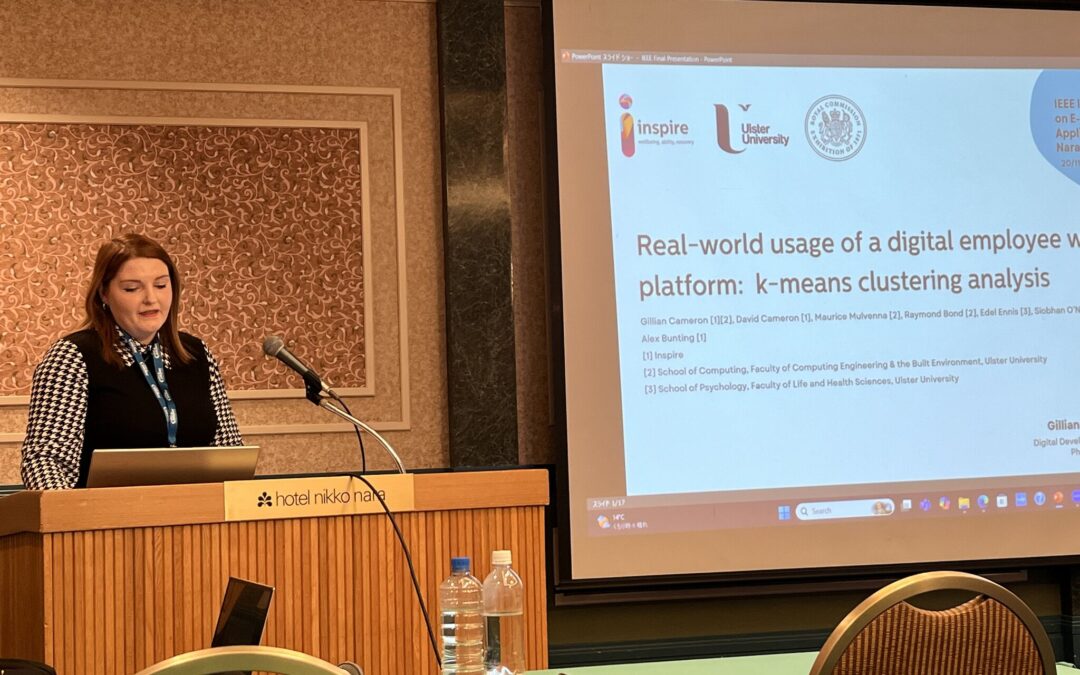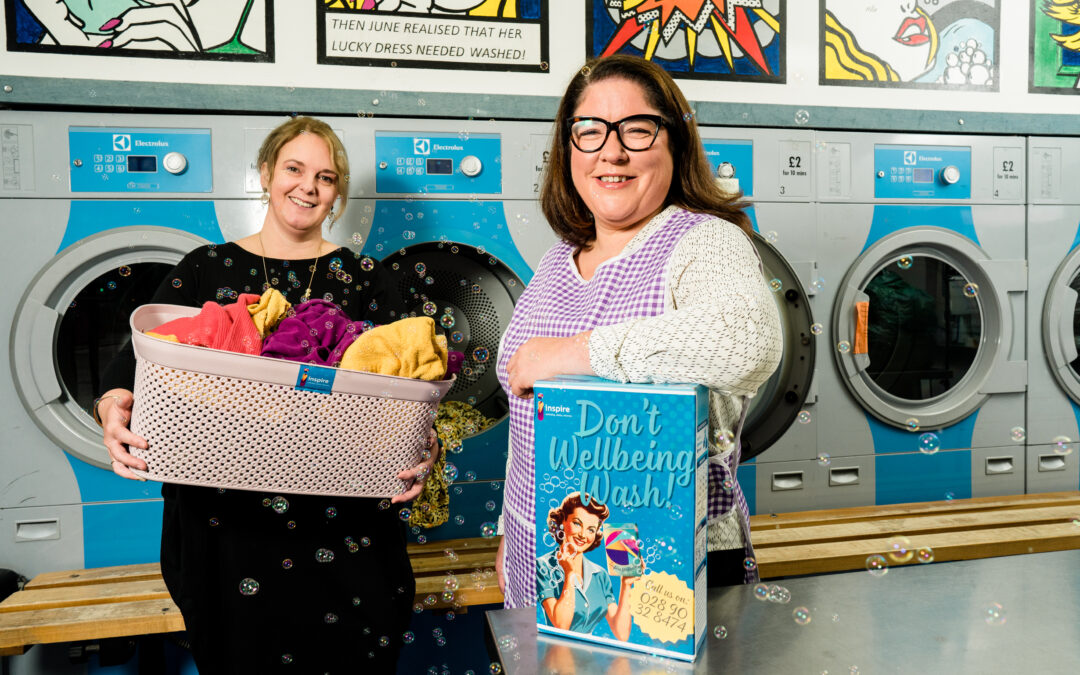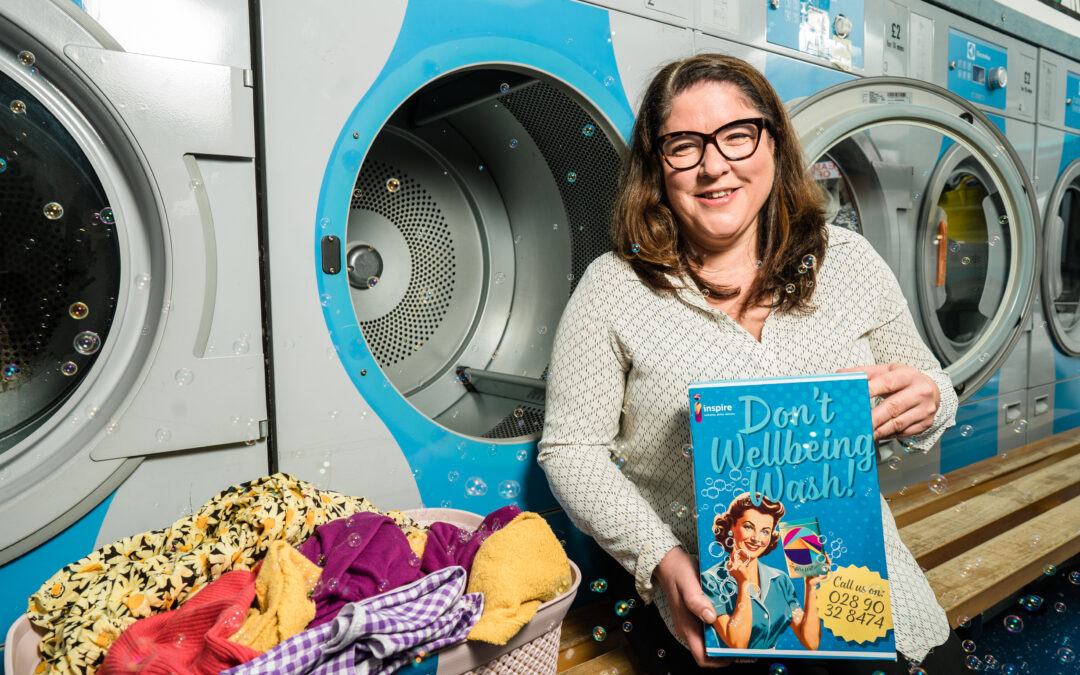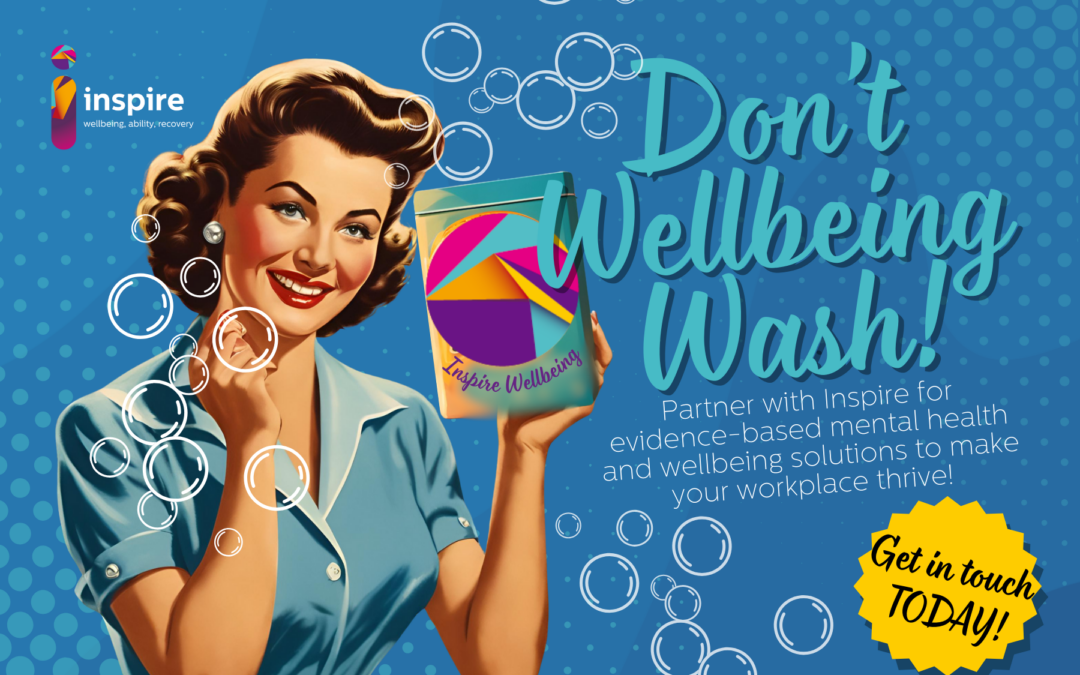Inspire’s Policy & Campaigns Office, Matthew Coyle, reflects on his recent trip to King’s College London and the knowledge gained at the ESRC Centre for Society and Mental Health’s annual conference.
I had the privilege earlier this month of attending the ESRC Centre for Society and Mental Health’s third annual conference in the august surroundings of the Science Gallery at King’s College London.
Gathering delegates from a range of fields and disciplines – including those with lived experience, academics, local organisers, charity workers and healthcare professionals – the symposium’s focus was on the themes that have emerged from the first five years of the Centre’s interdisciplinary research around rapid social change and mental health.
A packed schedule of lectures and discussions began with a welcome from Centre co-director Professor Craig Morgan, who set out the ways in which the Covid-19 lockdowns of 2020 had affected young people in South London, curbing educational attainment, compounding financial and housing problems, and exacerbating pre-existing health issues.
Professor Jayati Das-Munshi then presented findings on the specific mental health impacts of the pandemic. Even as people living with mental illness were more likely to contract Covid – and die from it – crucial resources were directed into services deemed more vital and acute. She suggested that the absence of parity of esteem between physical and mental health services, often driven by stigma, saw the latter relegated to an ancillary concern throughout the fraught early months of a major public health emergency.
Professor Sally Marlow’s summary of her qualitative study of mutual aid partnerships during that time underlined the influence of dynamic, community-based peer support. While they invariably lacked significant resources, grassroots groups had organised quickly to provide practical and material assistance. They were driven, she said, by a simple motto: solidarity not charity.
Following a short break, the first panel of the day covered the always topical intersection of health-related inactivity, mental health and social security. Norfolk-based artist and writer Dolly Sen introduced the audience to her latest exhibition, a collection of ‘Fit for Work’ dolls, each depicted in a state of obvious ill health and each representing serious conditions that the Department for Work and Pensions has, in the past, rejected as barriers to employment. “There is no safety net for people in mental distress,” she said.
Professor Ben Geiger explored this topic further, citing the high levels of mental ill health in the social security claimant population. The system, he contended, should presume that all such claimants are experiencing mental illness until it is proved otherwise. According to Annie Irvine, a research fellow at the University of York, conditionality is perpetuating inactivity because benefit recipients are understandably unwilling to step off a narrowly proscribed path for fear of imperilling their existing assistance.
On the subject of workplaces providing flexibility to employees who ask for or require it, activist Catherine Hale confirmed that while pockets of good, responsible practice are visible, there is a stark divide between the accommodations afforded to people within and without the labour force.
After lunch, attendees heard from Sonia Thompson, a member of the Lived Experience Advisory Board, which seeks to ground the Centre’s ethos in the personal experiences of its collaborators. As she continues to work on a paper examining how it fits into a research context, she offered up some fascinating opinions on the role of lived experience. In her estimation, lived experience should not stem from diagnoses or medical models. Instead, it is most useful when individuals have reflected on and contextualised their recovery stories, rendering them capable of passing on something truly valuable: “Lived experience by itself is not enough.”
Echoing this, PhD candidate Laura Fischer stated in her address that “Lived experience is crucial if research and policy are to be meaningful.” And later, Professor Geiger would stress the importance of “models that bring lived experience into contact with the centres of power.”
During the final round of contributions, Dr Rebecca Rhead delved into data relating to self-referral rates for talking therapies in BAME communities and Young Person Champion Jonas Kitisu outlined the serious mental health risks to young Black men posed by disproportionately high stop-and-search rates.
Dr Gabriel Lawson, meanwhile, concentrated on the ways in which public services might better serve people with mental ill health. He described the methods used by the Policy Institute at King’s to “bridge the gap between research, policy and practice”, with ‘policy labs’ – involving multiple stakeholders convened to tackle specific challenges – a key tenet of this work, and pointed out that public services have a “broader social purpose” than a remit confined to educating children, tackling waiting lists and growing the economy.
The insights coming out of the conference were fascinating. They demonstrated the real links between research and service delivery, while also highlighting the extent to which we at Inspire, via our SURF initiative, are already leading the way in the fields of lived experience and service user engagement. As providers everywhere continue to do the best for the people they support, it’s heartening to learn from others on the same journey.
More from our blog
Menopause and work
The menopause is a natural biological process. It occurs when your ovaries age and naturally produce lower levels of reproductive hormones. The menopause may have a significant impact on home life and work performance. This can be unsettling, particularly if a particular role carries lots of responsibility. The hormonal changes…
Understanding Stepped Care and its role in workplace wellbeing
The stepped care model is a fundamental part of Inspire's workplace offering. So, what is it and why is it so important?
Winter wellbeing 2024
The festive season is here and we’re keen to highlight some wellbeing tips for now and the New Year. Head into 2025 in the best possible frame of mind. Switch off Technology allows us to be constantly connected to colleagues, family and friends. That is often a good thing but…
Reflections on IEEE eHealthCom 2024: Insights, Innovation, and Inspiration in Nara, Japan
Inspire’s Digital Development Lead, Gillian Cameron, reflects on her recent trip to Nara, Japan for the IEEE eHealthCom conference. Last week, I had the privilege of attending and presenting at the IEEE eHealthCom 2024 conference in Nara, Japan. This annual event brings together researchers, industry leaders, and policymakers to discuss…
Healthy Organisations Commit to Person-Centred Wellbeing
Employment takes up a good deal of our time. According to the Office of National Statistics, the average UK worker spends over 36 hours in work every week; in Ireland, that figure is 38.5. On World Mental Health Day, understand the effect that wellbeing washing can have on workers and…
On World Mental Health Day, Here’s How to Avoid Wellbeing Washing
As we count down to World Mental Health Day on 10th October, Inspire’s focus is very much on our ‘Don’t Wellbeing Wash’ campaign. Wellbeing washing is similar to green washing, its arguably more infamous cousin. It describes a company or organisational ethos that focus more on the illusion of staff…
World Mental Health Day: Don’t Wellbeing Wash
World Mental Health Day (WMHD), which takes place every year on 10th October, offers us all an opportunity to gather and talk about mental health, demonstrating to everyone that this is a subject worthy of open, honest discussion and explanation. In 2024, Inspire is marking WMHD by highlighting the important issue…
Government Action on Work-Life Balance a Positive Sign
The UK Government has announced plans to introduce new codes of practice for businesses, which are aimed at tackling burnout and codifying a right to switch off. This follows on from Labour’s campaign pledge to empower workers, providing them with the freedom to disconnect from their jobs outside regular hours and…
Line Managers are Key to Workplace Wellbeing
According to new research published by Queen’s University Belfast and the University of Nottingham, strong links exist between positive business performance and mental health training for line managers. Furthermore, the analysis of workforce practices suggests that recognising this, and acting on it, could save organisations millions every year. The study…
Workplace Conflicts Require Proactive Approach
Discord between colleagues is not unusual. The average workplace brings together individuals from different walks of life, people with distinct characteristics, objectives, points of view and ways of doing things. Quarrels are bound to develop from time to time. They can, however, have a significant impact on an organisation’s productivity,…
CIPD Conference Stresses Authentic, Empathetic Leadership
Inspire\'s Noelle Higgins, Business Development Manager – Therapeutic Services reflects on the recent CIPD conference and research. My colleague Jonathan Cody and I recently took the opportunity to head to the CIPD conference at the RDS, enjoying a day away from our e-mails and catching up with a range of…
Time to celebrate Workplace Wellbeing Day
Workplace Wellbeing Day takes place across Ireland on Friday 26th April and business group Ibec is encouraging employers everywhere to get involved. Workplace Wellbeing Day represents an opportunity for organisations to rebalance and refocus on the things that benefit their employees\' mental, physical and emotional wellbeing. It also provides them…

